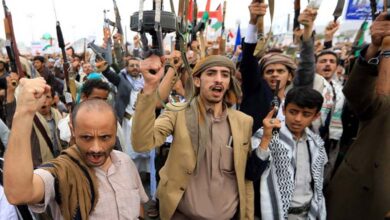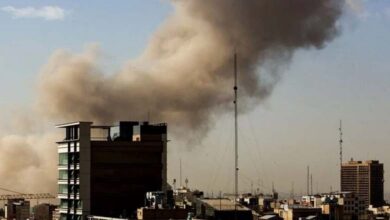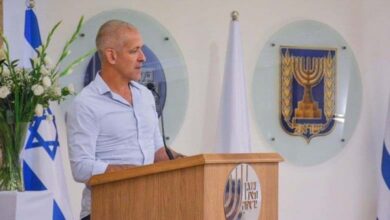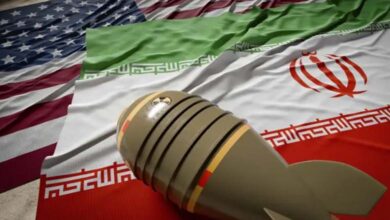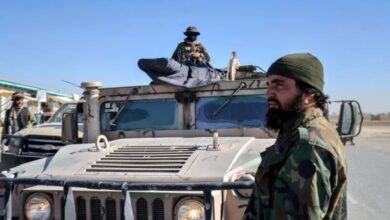Shafiq Rahman: The fall of the leader of the Muslim Brotherhood chaos in Bangladesh
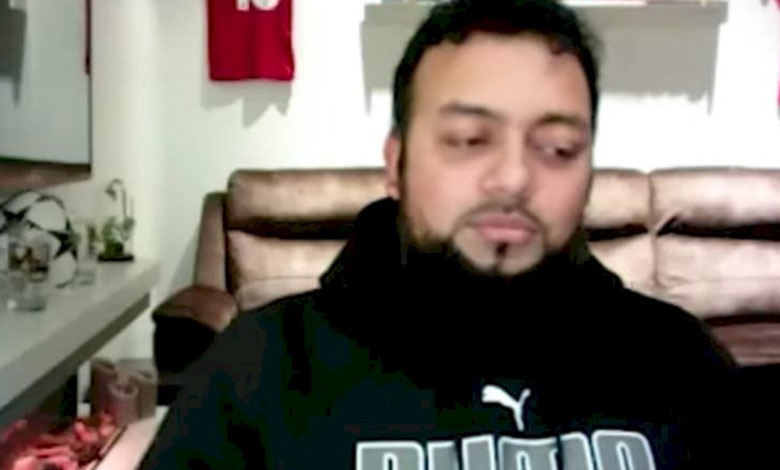
Shafiq Abdul Rahman, the most prominent name in Bangladesh who was arrested by police, coincided with several incidents of chaos staged by the Islamist group, the political arm of the Muslim Brotherhood.
Shafiq Rahman called for the Islamization of the political sphere in Bangladesh; This led to violence that significantly damaged public utilities resulting in the intervention and arrest of counter-terrorism forces in Dacca.
Rahman a few days ago accused the government of plundering the rights of the people, which he said was being violated “by the tyrannical regime that has been wreaking havoc on the land for the past 14 years”, claiming that the economic system had been destroyed “by implementing one giant project after another to facilitate the passing of corruption files and financial misappropriations in these projects”.
The Central Shura Council of the Islamic Group led by Shafiq Abdul Rahman launched an escalation campaign, asserting that there is an embarrassing situation in the country due to the government’s legal violations, arrogance and stubbornness in administering the country, and its disrespect of laws and the constitution. The Shura Council said in a statement: “Today we live in a state as if there is no government that takes into account the interests of its citizens, and since the Awami League government came to power, they have de-politicized the country through continuous repression, systematic torture and the killing of opposition political activists”.
Who is Shafiq Rahman?
Sheik Shafiq al-Rahman was born on 5 October 1959 in the village of Bhattara in Kulawara Province, his father and mother were fiancées in Nisa, currently residing in the Spogbagh area of the Shahbaran police station in Sylhet city. In 1983, he received a Bachelor of Medicine degree from Sylhet Medical College. He was the President of the Sylhet Islamic Students Union when he was a student, in 1986 he became a member of the Jamaat’s Central Shura Council.
He served as Secretary General of the Sylhet City Branch of the Islamic Group from 1986 to 1988, Deputy Amir of the Jamaat-e-Islami from 1989 to 1991, Amir of the Jamaat-e-Islami of the city of Sylhet from 1992 to 1998 and Amir of the Jamaat-e-Islami of the capital city of Sylhet from 1998 to 2007.
In 1998 he was elected to the Central Action Council of Jamaa Islamiya, and from 2010 he served as Assistant Secretary-General of Jamaa Islamiya, then acting Secretary-General of Jamaa Islamiya, and from 2017 he served as Secretary-General of Jamaa Islamiya until his election as Emir of Jamaa Islamiya.
Sheik Shafiq Abdul Rahman, the Emir of Jamaat-e-Islami Bangladesh, who was sworn in as the Amir of Jamaat-e-Islami last November, before the members of the Central Executive Council of Jamaat-e-Islami after he was re-elected as the Amir of Jamaat-e-Islami by secret ballot for the 2023-2025 presidential term. He was sworn in by the Commissioner General of Elections of Jamaat-e-Islami Abu Tahir Muhammad Masoom.
Later on, the Emir of the Islamic Group announced in December a political program for the Islamic Group, represented in the launch of a popular movement, in conjunction with the movement launched by the National Party. The program included 10 demands, which Shafiq claimed were aimed at restoring democracy.




